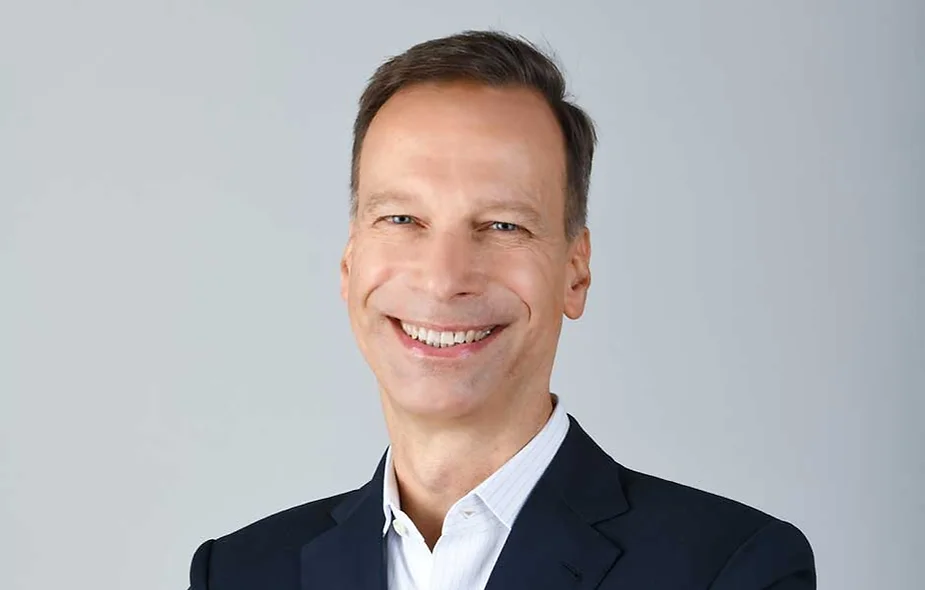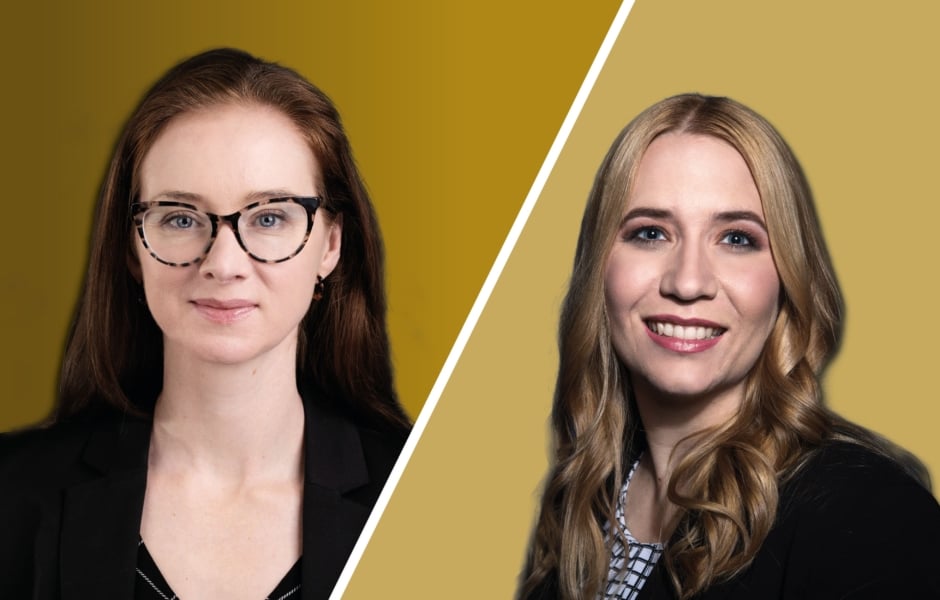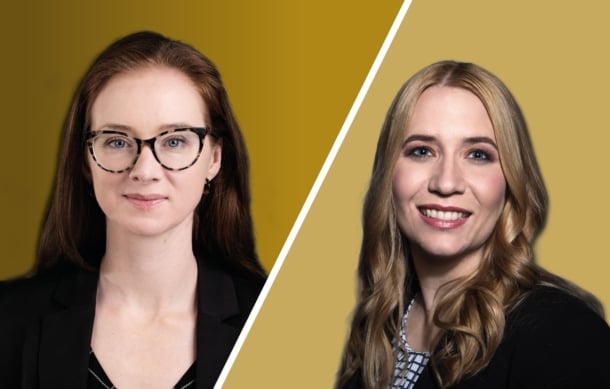Claus Zieler, President of Established Markets at Astellas, speaks about the role leaders play in cultivating an enticing company culture, the key principle he believes in for crisis management and his passion for cell and gene therapies
Words by Cheyenne Eugene
Claus Zieler usually starts his day with a phone call to the Astellas headquarters in Japan, before virtually traversing through Europe as he checks in on the major subsidiaries in the region. His attention then moves across the Atlantic to the Canadian market and US-based functions in the afternoon.
As a leader with such an expanse of territories within his remit, it is handy that Claus speaks an impressive six languages: English, Flemish, French, German, Portuguese and Spanish. Currently, he is Europe-based, but has travelled and lived all over the world, adding to his language arsenal as he’s gone. On a trip to Africa, he even tried to learn Swahili, but he admits that this “knotted my brain” rather too much.
During the numerous COVID-19 lockdowns, Claus’ youngest daughter would observe him through the glass window between his office and the staircase in their Singapore home. Eventually, she concluded: “Dad, your job is to talk to people.” Claus smiles in agreement, saying this part of his job brings him the most joy and it is the reason why he left research
and entered the people-orientated, business side of pharma.
Claus trained as a molecular biologist in the 1980s, when the discipline was in its nascency, and he soon found that the pharmaceutical industry perfectly intersected his professional interests: scientific discovery, healthcare and business – making it the ideal table to sit at. Claus reminds everyone that “we will all be patients one day”, explaining that this maxim is what drives his work and his professional purpose.
The word ‘broad’ does not do Claus’ career justice. It’s one that has spanned a plethora of functions, therapeutic areas and geographies. Currently in his third regional position, Claus has systematically built a portfolio of roles, from sales rep to R&D project manager. And, after kick-starting his career in neurology, he now has almost a dozen therapeutic areas under his belt, from dermatology, gynaecology and cardiovascular, to transplantation, urology and oncology.
Throughout his career, Claus’ multi-national roles have seen him spending 10 years in Asia, eight years in Latin America, a smattering of time in the US and the rest in Europe, and he’s developed a love for diverse cultures as a result. When not found exploring even more new destinations with his wife, he will likely be in a museum, on a hike – London’s Richmond Park being a particular favourite spot – or have his nose buried in a history book, classical music humming gently in the background.
After such a lengthy career in life sciences, how have your interests changed over time?
My interest is in continually learning. So, every three or four years I ask myself what my next frontier of learning will be – be that the next therapeutic area, the next geographical dimension, or the next role. I need to be challenged. I want to continually evolve through learning more and adding value in that next area I take on. That constant learning path is where my core interest has always been, and it’s brought me on a fantastic journey.
Today, employees are increasingly looking for leaders who walk the talk – those who are true to their principles
What is the secret to leading a large organisation in this industry?
First, invest in your people. Your people are your number one asset. Most people think of investing as training, and that’s also true, but there are two steps that come before that. To start with, you must be very clear on the purpose of the work you are asking them to do. What’s the vision? Secondly, tell them what you expect their input and output to be. Then, you can ensure they have the correct training to achieve this.
Next, create a culture in the organisation that embraces failure. We all want success, but corporate culture needs to tolerate, embrace and normalise failure as a part of the learning journey. If I am very strict, wag my finger at you and penalise you when you fail, how many experiments will you do after that? Very few. But if I encourage you to experiment and fail, in a legally and compliant way, you will draw the right conclusions and learnings from that experience and build success on that basis.
Finally, those in leadership roles need to drive cross-functional collaboration. The various technical and specialised functions in this complex industry need to be aligned, and you can’t expect that to grow from the bottom up. It’s hard work managing the different functions in the matrix, so invest time in it.
How can leaders play a role in creating a company culture that attracts and retains employees?
There’s a saying that people join because of the company, and they leave because of the manager. The cultural impact that a leader has on its organisation cannot be underestimated.
Today, employees are increasingly looking for leaders who walk the talk – those who are true to their principles. A leader who is seen rolling up their sleeves and contributing, that goes a long way. Employees look for and enjoy something that is lived, rather than just on paper. When I take off my jacket in a town hall meeting, and I pull up my chair in the middle of the room rather than on stage, and I say, “fire the questions and let’s discuss”, people know this is real life and not just the PowerPoint presentation that’s talking.
We all want success, but corporate culture needs to tolerate, embrace and normalise failure as a part of the learning journey
What lessons did you learn from the COVID-19 crisis that you would implement during another crisis in the future?
The pandemic was not the first crisis in my professional life, and I have found similar principles apply across all crises. In 1998, when I was a Sales and Marketing Director in Brazil, our company was marketing the number one brand of contraceptive in the country. Crisis hit when we were out of stock for six months. What do women and their doctors do when pharmacies are out of stock of a trusted brand they rely on for birth control? You can imagine what happened: our telephones were running red hot.
This taught me the importance of communicating. Stakeholders need to see that you have recognised the problem and are pulling together all the resources necessary to address it as quickly as you can. But you also want to give them a sense of the nature of the problem and the difficulty of getting to a solution, because it may not be around the corner. It’s important to leverage that basis of trust that you have built with stakeholders over many years and bring them along the journey throughout the crisis. You cannot build trust during a crisis; you must have that strong foundation with your stakeholders beforehand.
Looking ahead, what area do you see in most need of innovation over the next decade?
I’m not sure this is a question of need, but instead what is already on the cusp of a breakthrough, and that is cell and gene therapies. For the first time, there is an opportunity to move from chronic disease management to potential one-off, and even curative, treatments. That is so powerful. However, this technological innovation will also change the conversation for both internal and external stakeholders in the healthcare environment. There is a paradox between lifelong treatment for chronic disease and the inevitable higher cost of highly specialised – but potentially curative – technologies. Demanding a big payment in one fell swoop, rather than a distributed one over the lifetime of a chronic disease, is the part we will have to do some more thinking on. It’s a completely different model, and the industry, payers and society as a whole will have to adapt.
You cannot build trust during a crisis; you must have that strong foundation with your stakeholders beforehand
Looking back over your career so far, what legacy do you think you have left behind?
If I could see the people I’ve hired, coached, trained and invested in being leaders, that would be the biggest gift and legacy. From a product perspective, my legacy lies with my contribution to the launch of a novel anticoagulant in Japan that truly revolutionised the prevention of stroke in elderly patients. Rarely do you work in a therapeutic area where – in the short span of four years – you’ve completely changed the treatment paradigm. We prevented illness for millions of patients and have given HCPs better treatment options, therefore achieving my professional purpose.






